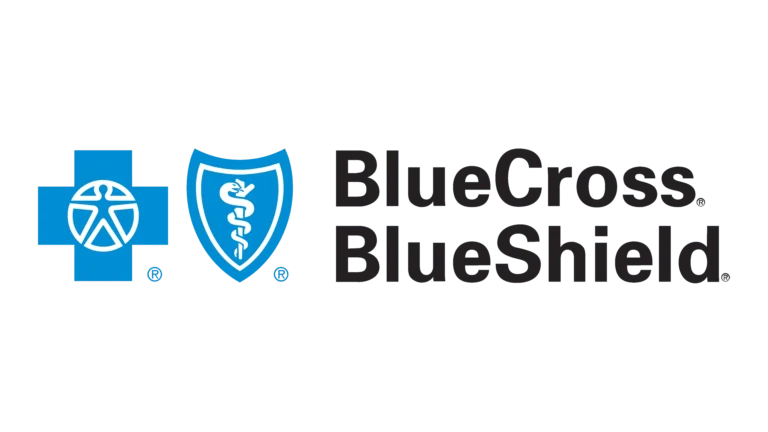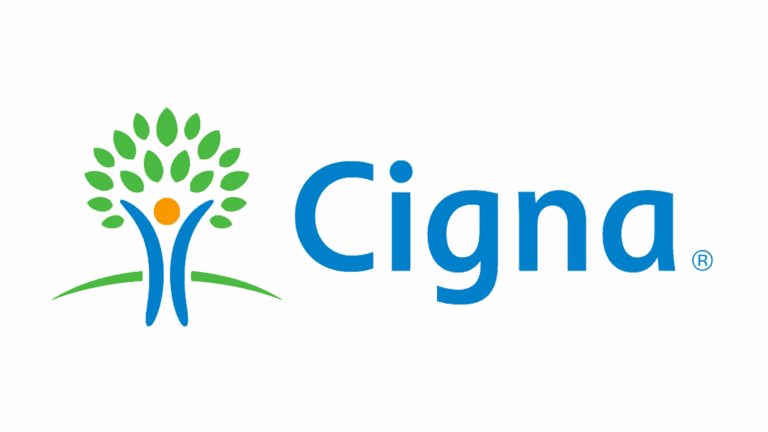Most people have been lied to about addiction. In a 2019 survey, 60 percent of Americans said they used a substance last month. More than 20 million Americans had a substance use disorder in 2019.
These facts alone suggest that addiction in the United States is complicated. But common misconceptions about addiction make the picture cloudier.
Why isn’t addiction a choice or moral failing? What substances create addictions, including legal ones? What do people need to get help?
All Americans deserve the answers to these questions. Here are ten misconceptions that must be eradicated.
1. Addiction Is a Choice
Most people choose to consume drugs the first time that they consume them. But this is not always the case. A person may get drugged or coerced into drug use, especially through peer pressure.
Drugs can imitate chemical messengers in the brain that carry feelings of pleasure, encouraging a person to come back for more. They can overstimulate the brain’s reward circuit, skewing it so someone must use drugs to feel happiness.
If a person continues to use, it may seem like they are choosing to do so. But drugs are changing their brain, so they come back to consuming them.
2. Addiction Is a Moral Failing
Drugs are an easy venue for many people to avoid pain, especially those who have traumatic backgrounds. The impacts of drugs on the brain make a person dependent on them. They do not consume drugs to sin or hide from their responsibilities.
They consume them because their brains will not function without them. They may have become used to drugs to deal with difficult events in their lives. But developing habits to deal with stress is a human trait, not a characteristic that belongs only to addicts.
3. People With Addiction Just Need Willpower
Wanting to change one’s behaviors is a good incentive for someone to stop using drugs. They may recognize how their addictions have affected other people, and they may want addiction treatment.
But even people who are determined to end their addictions need more than willpower. They need to get addiction help from a medical practitioner.
Many people with addiction lack the desire to change because of their dependent brains. Their own bodies are telling them to keep using, and they are following that information. They lose the ability to make other decisions over time.
4. Only Drugs and Alcohol Are Addictive
Process addictions involve compulsive behaviors, not chemicals. A person may become addicted to shopping, playing video games, or having sex.
A person may also become addicted to food, including healthy choices. A process of food addiction functions identically to drug addiction.
The positive feelings flooding the brain encourage a person to repeat behaviors. As they do those behaviors more often, their brains change.
5. Prescription Medication Is Less Addictive Than Illicit Pills
Opioids and other drugs can affect the brain in the same way that illicit substances can. 18 million Americans misused prescription drugs in 2017. In some cases, people used opioids as a gateway substance to illicit materials.
6. Homeless People Are Addicts
Many people’s idea of a drug addict is a homeless or mentally ill person. Some homeless people have had trouble with drugs and alcohol. But most do not, and they are homeless due to circumstances outside their control.
It is also true that anyone can become an addict. Many Hollywood celebrities, scientists, and entrepreneurs have struggled with addictions.
7. Addicts Will Relapse
40 to 60 percent of people with substance use disorders relapse. This is a significant number.
But it is comparable to the relapse rates of other chronic illnesses. 50 to 70 percent of people who manage their hypertension will return to having high blood pressure.
Anyone can recover from addiction and live drug-free for many years. If they do relapse, they can seek out detox help and recover a substance-free life.
8. Interventions Are Effective
When people think of drug treatment, they often think of confrontational interventions. Having loved ones express their thoughts to someone with an addiction can be helpful. It is also important for family members to help the person out of addiction-related jams.
But confrontational approaches rarely work. They may make someone feel that their family is out to get them. It is better to have one-on-one conversations and encourage someone gently to seek treatment.
9. Quitting Cold Turkey Works
Some people can stop using drugs by ceasing their consumption immediately. But many people are not.
Delirium tremens are a common side effect of sudden withdrawal from alcohol. Alcohol mimics chemical messengers that have a tranquilizing effect on the brain. When alcohol is cut off, a person may face hallucinations and high fevers.
Similar effects can be seen with other addictions. A person needs a medical detox that weans them off of drugs through time. NAD therapy restores the body with essential molecules, helping clean drugs out of the system.
10. People With Addictions Need to Hit Rock Bottom
Many people receive detox treatment after a dramatic episode. This may give them the realization they need to get help.
But hitting rock bottom is by no means necessary. A person can get help at any point in their lives, including right after consuming drugs.
Hitting rock bottom may even deter them from getting help. They may feel like they don’t deserve assistance after they do something terrible. People should get treatment well before something goes wrong.
The Ten Most Common Misconceptions About Addiction
People deserve the truth about common misconceptions about addiction. Addiction occurs in the brain, not in a person’s personal decisions. They need outside help to overcome their problems.
A person can get addicted to many things, including activities and medications. Anyone can be an addict, especially successful people.
Everyone can receive help for their addictions. Interventions and cold turkey measures rarely work. They should get help early on and pursue a range of therapies. There is no reason to wait around. ReAlign Detox serves Orange County and Southern California. Contact us today.








